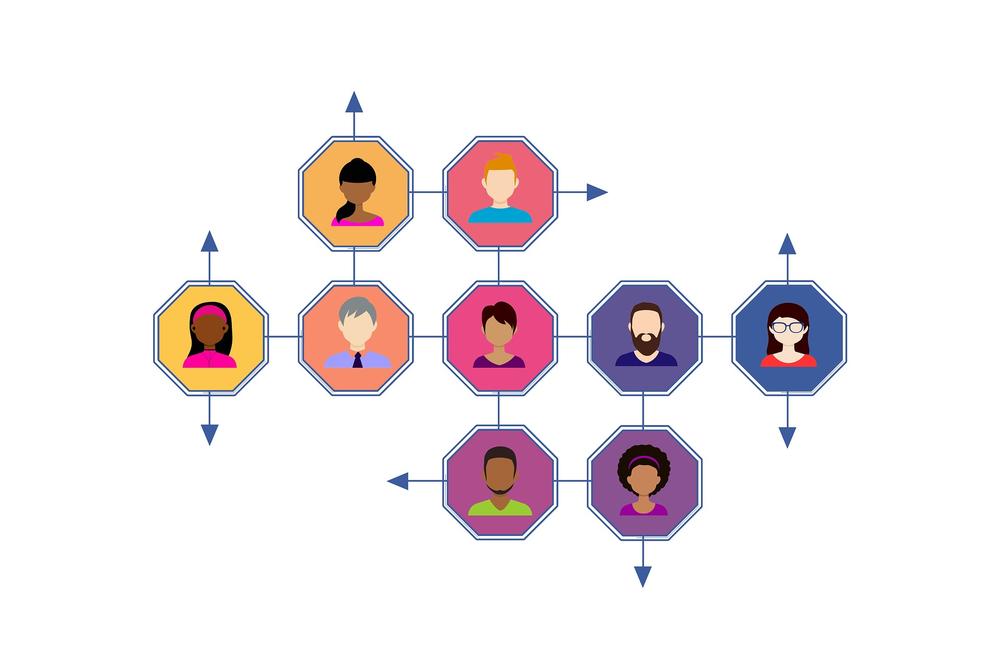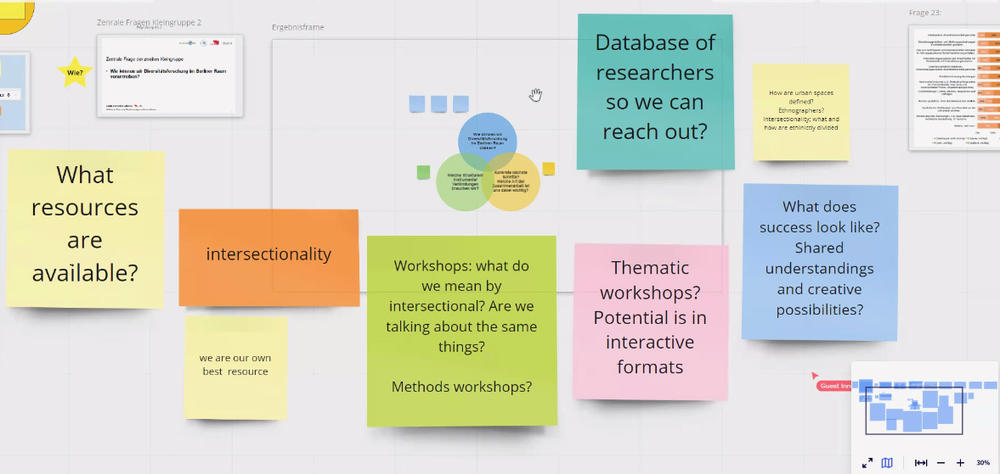“Gender studies from Berlin have a name and are well organized”
The “DiGENet” project of the Berlin University Alliance bundles the expertise of Berlin's universities and research institutions not affiliated with academia with emphasis on diversity and gender equality.
Nov 27, 2020
“DiGENet”: research and competence network for interested researchers from Berlin
Image Credit: Pixabay / geralt
Promoting diversity and gender equality is one of the cross-cutting themes of the Berlin University Alliance. The Diversity and Gender Equality Network (DiGENet) plays an important role in implementing this goal. In the coming years, the research and competence network will offer interested researchers from Berlin a platform for intensive and interdisciplinary knowledge exchange. The first online conference was held at the end of October.
More than 120 Berlin experts on diversity and gender equality participated in the kick-off event. The topic of the conference was the existing initiatives and research methods applied in Berlin. The goal is to jointly establish an expertise network on this topic at Berlin's universities and research institutions not affiliated with academia.
“We are starting from lofty ground in Berlin, and thus with high expectations, because we do not want to be and cannot be satisfied,” said Professor Günter M. Ziegler, president of Freie Universität Berlin and until mid-November spokesperson of the Berlin University Alliance, in his welcoming address to the conference. "Gender studies from Berlin have a name and are well organized. We are proud of what is being done at our institutions." He said he hoped that the strategically favorable moment would now be exploited to build a vibrant Berlin network that would reflect the diversity of the academic landscape and strengthen it at the same time. According to Ziegler, it is important to him that, in addition to gender equality, the topic of diversity also take into account other diversity dimensions, such as coming from an educationally disadvantaged home and living with mental and chronic illnesses. He encouraged the conference participants to continue along this path. “I am proud that we have established diversity and gender equality in and for the Berlin University Alliance as an important and very visible cross-cutting theme.”
At the DiGENet kick-off event, one of the ten work groups took stock of Diversity Studies in Berlin, their themes, and possible forms of work within the Berlin University Alliance and beyond.
Image Credit: Whiteboard der Online-Konferenz
With 32 percent of full-time professorships held by women, Berlin is the nation's leader. The network is associated with the hope of expanding this top position even further and reflecting the diversity of the city in the Berlin research environment. The participants of the conference agreed that further research in this field, especially across institutional boundaries, is important. They took the opportunity to exchange ideas, to establish contacts, and to make plans together.
In the course of this initial networking, important aspects for strengthening diversity in the university alliance and beyond were identified. For example, intersectionality would need to be recognized and addressed, that is, the intersection and simultaneity of different categories of discrimination in the field of academia. It was added that it was also necessary to consider further terminology and concepts in the dismantling of discrimination for an integrated research environment in Berlin and to maintain a critical attitude in its development. The DiGENet lexicon of terms examines the transdisciplinary, semantic, and political-cultural migrations and ranges of the concept of diversity and reconstructs the contentious disputes over concept and matter. A measurement instrument database for diversity, which compiles instruments for a multidimensional recording of diversity in the German-speaking world, also initiates the culture shift towards an integrated, heterogeneous research hub in Berlin and beyond, in addition to many other measures.
In addition to workshop discussions, the second event of the DiGENet research and competence network is scheduled to take place as early as spring 2021 and will focus on the establishment of working groups.


